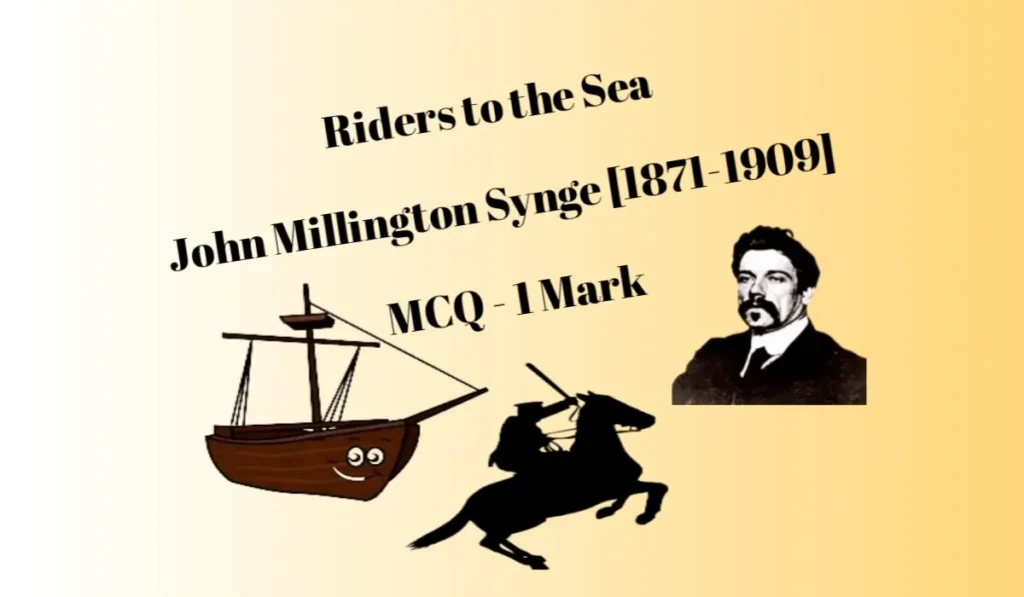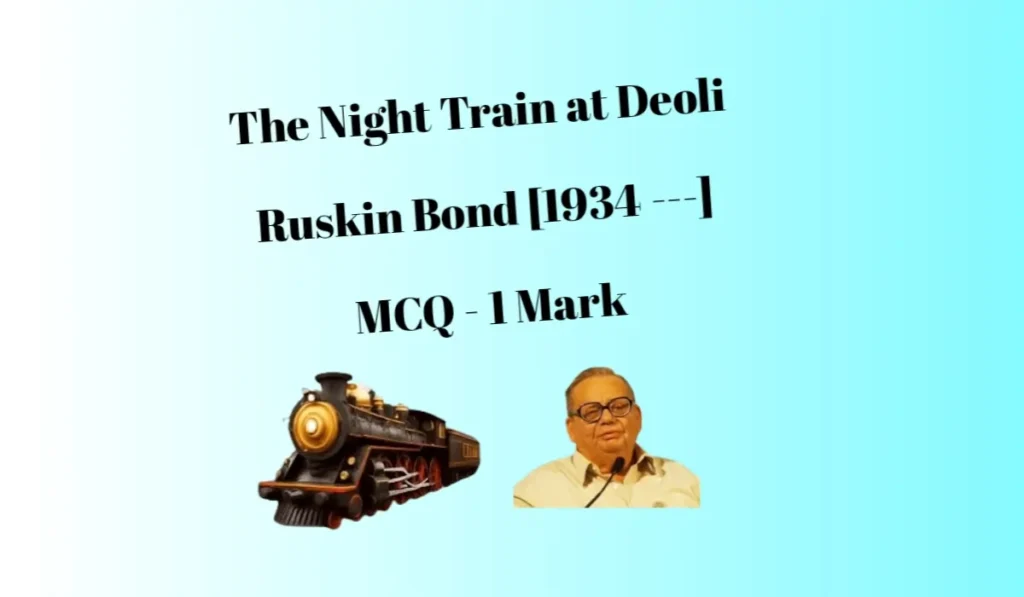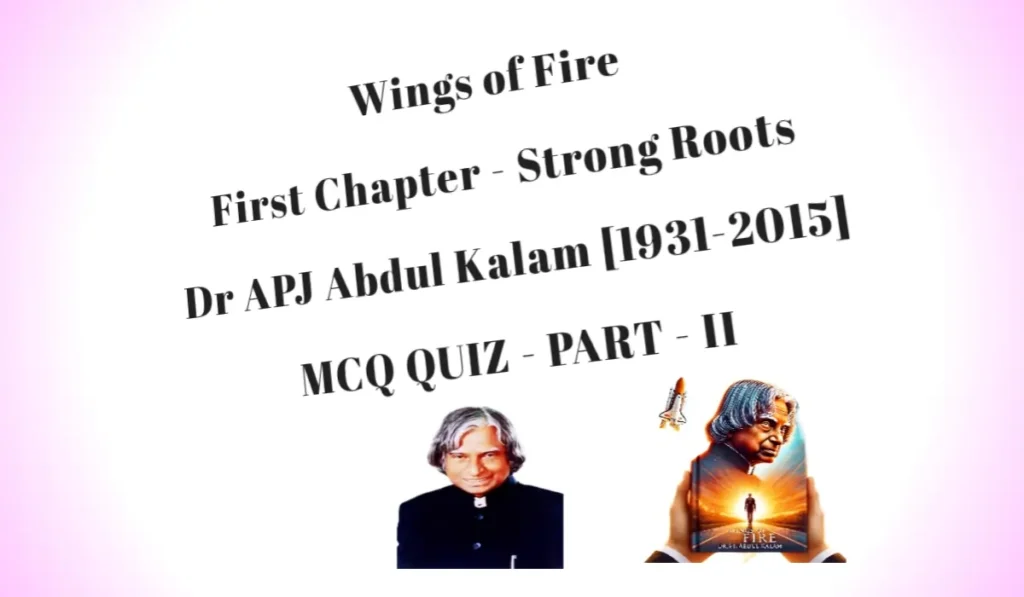Table of Contents
About The Poet
About The Poem
Characters In The Poem
The Poem : Text
Important Word-notes
👉What We Learn From The Poem
About The Poet
One of the best poets of the twentieth century, Edward James Hughes, popularly known as Ted Hughes (17 August 1930 — 28 October 1998), was an English poet, translator, and children’s writer. He was appointed Poet Laureate in 1984 and remained in this position until his death in 1998. Among his many awards, he was appointed to the Order of Merit, one of Britain’s highest honors. In 2008 The Times ranked Hughes fourth on its list of ‘The 50 greatest British writers since 1945’.
Hughes earned recognition in the field of poetry writing only after his publication of his major book of poetry called ‘The Little Boys and the Seasons (1951)’. Hughes’s first considerable collection is ‘The Hawk in the Rain (1957)’. In 1970 his most renowned work ‘Crow’ was published.
His other special mentionable works include–
‘Lupercal (1960)’,
‘The Iron Man (1968)’,
‘Cave Birds (1975)’,
‘Selected Poems 1957-1981 (1982)’,
‘Wolf Watching (1989)’,
‘Tales from Ovid (1997)’,
‘Birthday Letters (1998)’,
‘What is the Truth? (1984)’
In 1998, his ‘Tales from Ovid’ won the Whitbread Book of the Year Award. In Birthday Letters, his last collection, Hughes broke his silence on Plath, detailing aspects of their life together and his own behaviour at the time. The book, the cover artwork for which was by their daughter Frieda, won the 1999 Whitbread Prize for poetry.
Most of his works center on the relationship between humans and nature. In his earliest works we also find his love for animals. Influenced by myth and the British bardic tradition Hughes with a modernist, Jungian and ecological viewpoint carried on his later work. He re-worked classical and archetypal myth working with a conception of the dark sub-conscious.
Hughes continued writing and publishing poems until his death, from cancer, on October 28, 1998. A memorial to Hughes in the famed Poets’ Corner of Westminster Abbey was unveiled in 2011.
About The Poem
Hughes’s poem‘My Own True Family’ is considered to be the development of a letter ‘Children Plant Trees for Tomorrow’ published in a Hughes’s children’s book ‘Meet My Family’ in which the poet encouraged the schools to involve pupils in the tree-growing projects.
The Poem ‘My Own True Family’ describes the poet’s magical experience as a young child (representing the whole mankind) in an oakwood. When his trance breaks, to his utter amazement, the poet realizes his moral connection with the oak trees, and he acknowledges his affinity with nature despite being a human child.
Characters In The Poem
The poet playing the role of a young child as a representative of the human world experiences a magical experience in his dream through which he strongly focuses on the importance of afforestation.
The Poem : Text
My Own True Family : Ted Hughes
Once I crept in an oakwood–I was looking for a stag.
I met an old woman there–all knobbly stick and rag.
She said: ‘I have your secret here inside my little bag.’
Then she began to cackle and I began to quake.
She opened up her little bag and I came twice awake–
Surrounded by a staring tribe and me tied to a stake.
They said: ‘We are the oak-trees and your own true family.
We are chopped down, we are torn up, you do not blink an eye.
Unless you make a promise now–now you are going to die.’
‘Whenever you see an oak-tree felled, swear now you will plant two.
Unless you swear the black oak bark will wrinkle over you
And root you among the oaks where you were born but never grew.’
This was my dream beneath the boughs, the dream that altered me.
When I came out of the oakwood, back to human company,
My walk was the walk of a human child, but my heart was a tree.
Important Word-notes
once (adv.) : on one occasion, one time
crept (v. p. of creep) : went stealthily or furtively
oakwood (n.) : a forest that is made up of oak trees, a wood or forest consisting wholly or chiefly of oak trees
looking for (phrasal v. progressive of look for) : searching, seeking
stag (n.) : an adult male deer
met (v. p. of meet) : came across, encountered, ran across
knobbly (adj.) : having lumps or knobs which give a misshapen appearance
stick (n.) : a small thin branch of a tree
rag (n.) : a small piece of tattered cloth
secret (n.) : not open or public, kept secret
inside (prep.) : in, within
cackle (n.) : a loud, high harsh laugh
quake (v.) : quiver, palpitate, shake, tremble
twice (adv.) : two times, double
awake (adj.) : alert, alive, regain consciousness, make or become active again
surrounded (v. pt. of surround) : encircled
staring (adj.) : looking fixedly at something or someone for a long time with the eyes wide open, especially when surprised, frightened, or thinking
tribe (n.) : a social division of (usually preliterate) people
tied (adj.) : bound or secured closely by or as if by a strong rope
stake (n.) : a strong wooden or metal post or pole
chopped down (v. pt. of chop down) : cut down into pieces
torn up (v. pt. of tear up) : to separate or be separated forcefully
blink (v.) : shut and open the eyes quickly
unless (conj.) : if not, except when
promise (n.) : a verbal commitment or declaration or assurance by one person to another agreeing to do (or not to do) something in future
whenever (conj.) : every time that, at whatever time, if, when
felled (v. pt. of fell) : cut down, chopped down
swear (v.) : promise solemnly, take an oath
plant (v.) : put (seeds, seedlings, or plants) into the ground
bark (n.) : the tough protective covering of the trunk, branches, and twigs of a tree or woody shrub
wrinkle (v.) : make or cause lines or folds in (something, especially fabric or the skin)
root (n.) : the life-supporting part of a plant, typically underground, conveying water and nourishment to the rest of the plant via numerous branches and fibres
among (prep.) : in the middle of, amid, amidst, amongst
born (v. pt. of bear) : gave birth
never (adv.) : not ever; at no point of time in the past or future
dream (n.) : a series of mental images or emotions occurring during sleep
beneath (prep.) : below, under, underneath
boughs (n. pl. of bough) : larger tree branches
altered (v. p. of alter) : changed, modified
came out (v. p. of come out) : came forth, emerged, issued
back (adv.) : in, to or toward a former location
human (adj.) : relating to or characteristic of humanity
company (n.) : companionship, the state of being with someone
heart (n.) : an inclination or tendency of a certain kind, spirit
Abbreviations Used For Word-notes
n. = noun (in singular form)
v. = verb (base or present form)
adj. = adjective
adv. = adverb
v. p. = verb in past form
v. pt. = verb in past participle form
n. pl. = noun in plural form
prep. = preposition
What We Learn From The Poem
Ted Hughes through his poem, “My Own True Family” gives us a serious message on the importance of environmental conservation. He strongly focuses on the need to encourage afforestation and to stop merciless felling of trees to protect of our natural environment for the welfare of mankind.








